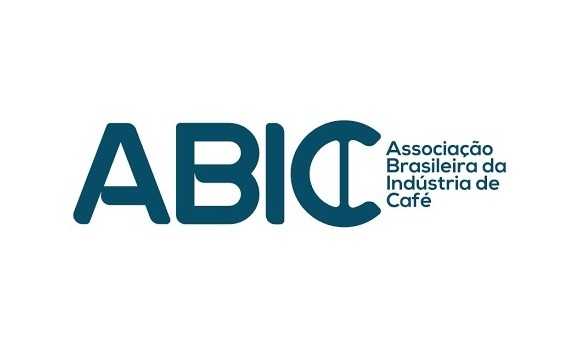RIO DE JANEIRO, Brazil – The Brazilian Coffee Industry Association (ABIC) is modernizing its Certification Programs to adapt to the new Ordinance 570, from the Brazilian Ministry of Agriculture, Livestock, and Supply (MAPA), responsible for establishing the Official Classification Standard for Roasted Coffee, which will come into effect as of January 1, 2023.
After 20 years, the sector once again has a normative rule for the regularization and inspection of roasted coffee. Celírio Inácio, ABIC‘s Executive Director, explains that, as a certifying body, the Association will always be open to updates and changes in its certification programs, because since the launching of the Purity Seal in 1989, a pioneering certification in the food sector, the entity has created initiatives aimed at the continuous improvement of coffee quality, as well as safety and respect for the consumer.
With the restructuring, the main change is the unification of the Purity Seal (SPA) and the Coffee Quality Program (PQC), two distinct certifications that will now have a single regulation and visual identity, where all products will be certified for Purity and Quality.
With the unification, the granting of the certification will be even more rigorous, since the product will have to comply with the minimum quality level of 4.5 points established by the ABIC methodology and, now, also required by Administrative Rule 570. The product that does not fit in these two parameters – purity and quality – will not be certified by ABIC. According to Inácio, this update was necessary and the entity works to ensure that all members have their products in conformity with the legislation.
The new Official Classification Standard for Roasted Coffee determines that pure coffees that do not reach the minimum quality grade can be sold as long as the classification “OUT OF TYPE” is visibly identified on the labels. With the unification of the programs, these products will not be certified by ABIC and will not be able to bear the Seal.
The entity will continue to act as a certifying body for roasted coffee and, in partnership with the Ministry of Agriculture, will expand the monitoring of the market in order to curb the practice of adulteration and product fraud, indicating to the inspection bodies the products that do not comply with the legislation.
Therefore, the Association also plans a series of initiatives with supermarket retailers in order to guide and help about the changes and the risk of offering coffees that are not regulated by the legislation. Certainly, commercial establishments will be the greatest allies so that the coffees offered for costumers are in compliance and offer, above all, quality and safety to consumers.
















